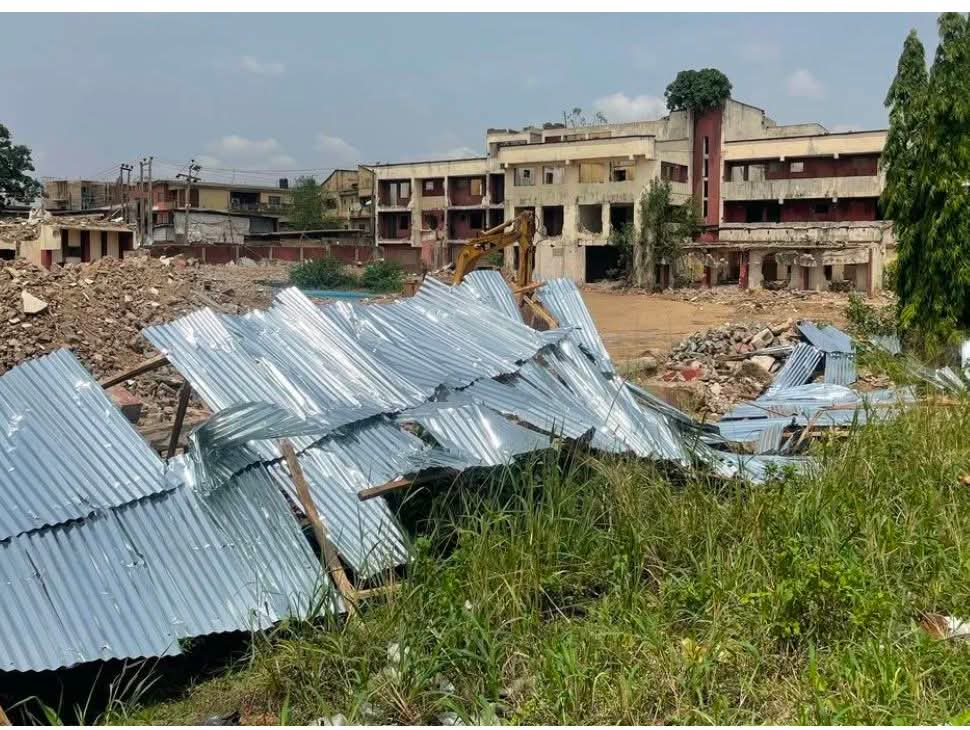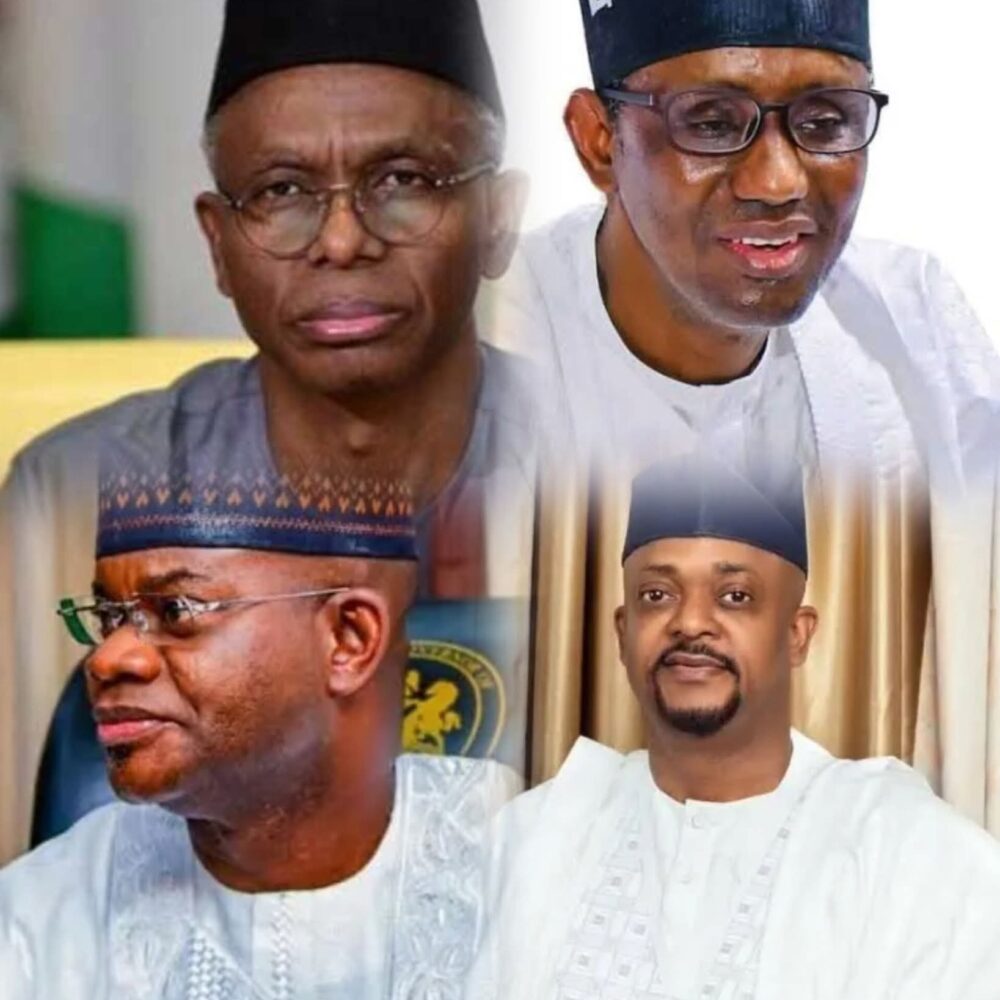To continue on this unending topic, we will look at how leaders and followers ought to conduct their affairs.
Let’s start from the top. A leader creates and nurtures others to be leaders. He must possess a clear vision and focus, know what he wants for his country and should be courageous enough to follow his dream. Apart from possessing integrity and honesty, a good leader has humility, is fair and just with the capacity for self-sacrifice and perseverance. A leader puts national interest above his.
We have had leaders in this country that lived and served by this rule of leadership. There are, of course, those with the potential that we may look at subsequently, but for now, we will look back.
Last time we gave an example of Sheikh Usman Dan Fodio, who had two lamps. One was bought by the state and the other with his salary. After finishing state work with the state lamp at night, he blew it out and lit the personal one for his private work.
Something similar happened in the First Republic involving the late prime minister, Sir Abubakar Tafawa Balewa, and the late Shehu Shagari, who was his private secretary and later president in the Second Republic.
It was said that Balewa’s mother visited him in Lagos, but after a few days, he had to leave her to come to Kaduna to attend his party’s, the Northern People’s Congress (NPC), convention. But his mother suddenly became homesick and told Shagari, who was detailed to attend to her, that she must leave for home immediately. And she wouldn’t listen to his pleas for her to tarry for a while for her son to return in a few days. He then did what he thought was right: he sent her home with the presidential plane.
The PM returned a few days later and asked about his mother. Shagari told him that she developed homesickness and was adamant that she had to go, and Balewa asked him how she travelled home – by road or rail, and feeling happy with himself, his PS told him he returned her in the presidential jet.
The PM became livid at hearing Shagari’s report. The narrator went on to say that he sat down his PS and told him that he, as Prime Minister, did not travel to Kaduna with the presidential plane because it was his party’s convention and not a state function. Scolding him for being irresponsible enough to fly someone who had nothing to do with the government with the presidential plane, he directed that he be relieved of his appointment immediately.
It took the pleadings of Sir Ahmadu Bello, Sardaunan Sokoto and Premier of the Northern Region, and some notable emirs for Shehu Shagari to get a reprieve but on the condition that the cost of flying his mother home be deducted from Shagari’s salary in instalments.
This was a man whose son, Alhaji Usman Abubakar Tafawa Balewa, said he recalls him sweeping his mother’s sitting room whenever he went home. He went on to give a story of how he tilled somebody’s farm.
He said he once visited Ganjuwa Local Government Area in Bauchi state and an old man told him that there was a time when the late Prime Minister was walking on foot in Kafin Madaki village and met an old man on the farm who had worked and got tired. The late PM took off his Babban Riga and assisted the man in harrowing the farm. The old man didn’t even know that he was the Prime Minister. Later, when he was told, he was shocked and went to the then Madakin Bauchi, Abubakar, a very close friend of the PM, and fell crying and apologising. The Madaki told him not to worry, that it was the habit of the late Prime Minister.
Even Sir Ahmadu Bello had his dose, though his was in reverse order. He had three small Cessna aircraft in his fleet under the supervision of an Assistant District Officer (ADO) in his office, Alhaji Suleiman Gurin, a former teacher from Adamawa Province.
One day, Sir Ahmadu Bello flew one of the aircraft to Sokoto on a private visit. When he returned to Kaduna, the administrative headquarters of the region, Alhaji Suleiman Gurin sent him a bill for his flight to Sokoto!
To him, since it was a private visit, the premier should make a refund to the government’s treasury. However, Sir Ahmadu Bello, though amused at the request, made the payment. And he was so proud of his ADO for reminding him that everyone was subject to the state, and to the laws that govern it.
In an NTA Kaduna interview in July 1987, the late General Hassan Usman Katsina narrated an interesting episode that happened when he was the governor of Northern Nigeria.
He said: “When I was the governor of Northern Nigeria, Dr Abubakar Imam was the general manager of Kaduna Capital Territory (KAT). In that year, we decided to allocate plots for the present GRA in Kaduna. I applied. KAT conducted the exercise. All the plots were allocated, but I was not given. I did not care to find out why. After the exercise, Dr Abubakar Imam came to my office with my application. He told me they had finished the exercise. He also said that he saw my application. However, he said they did not consider me qualified because I was the governor. He said as the leader, I should be more interested in my subjects’ interests than mine. How sure was I that all citizens who wanted the plots got allocated before I applied? He said he came with my application to tear it before me so that it will not come to me as a rumour and he tore the piece of paper.”
Hassan Gimba is the Publisher and Editor-in-Chief of Neptune Prime.





